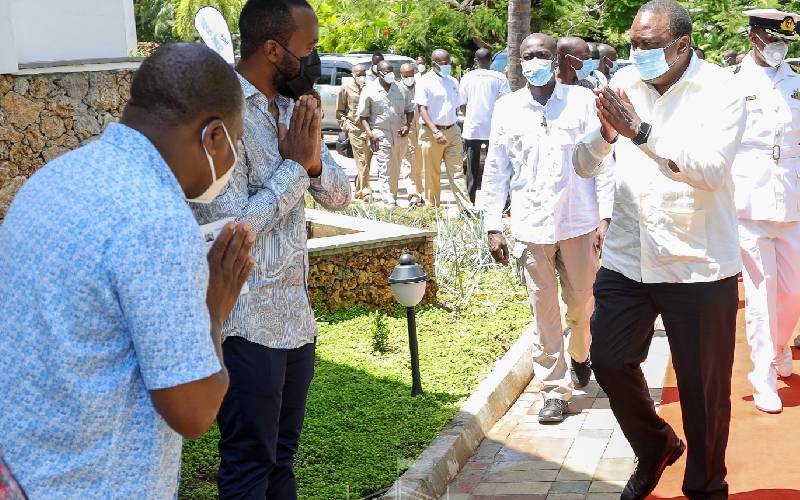×
The Standard e-Paper
Home To Bold Columnists

President Uhuru Kenyatta on Saturday ordered the scaling of National Hospital Insurance Fund reforms to boost Universal Health Coverage.
Speaking in Mombasa, the president directed the Health ministry and the Attorney General to fast-track the reforms into law.